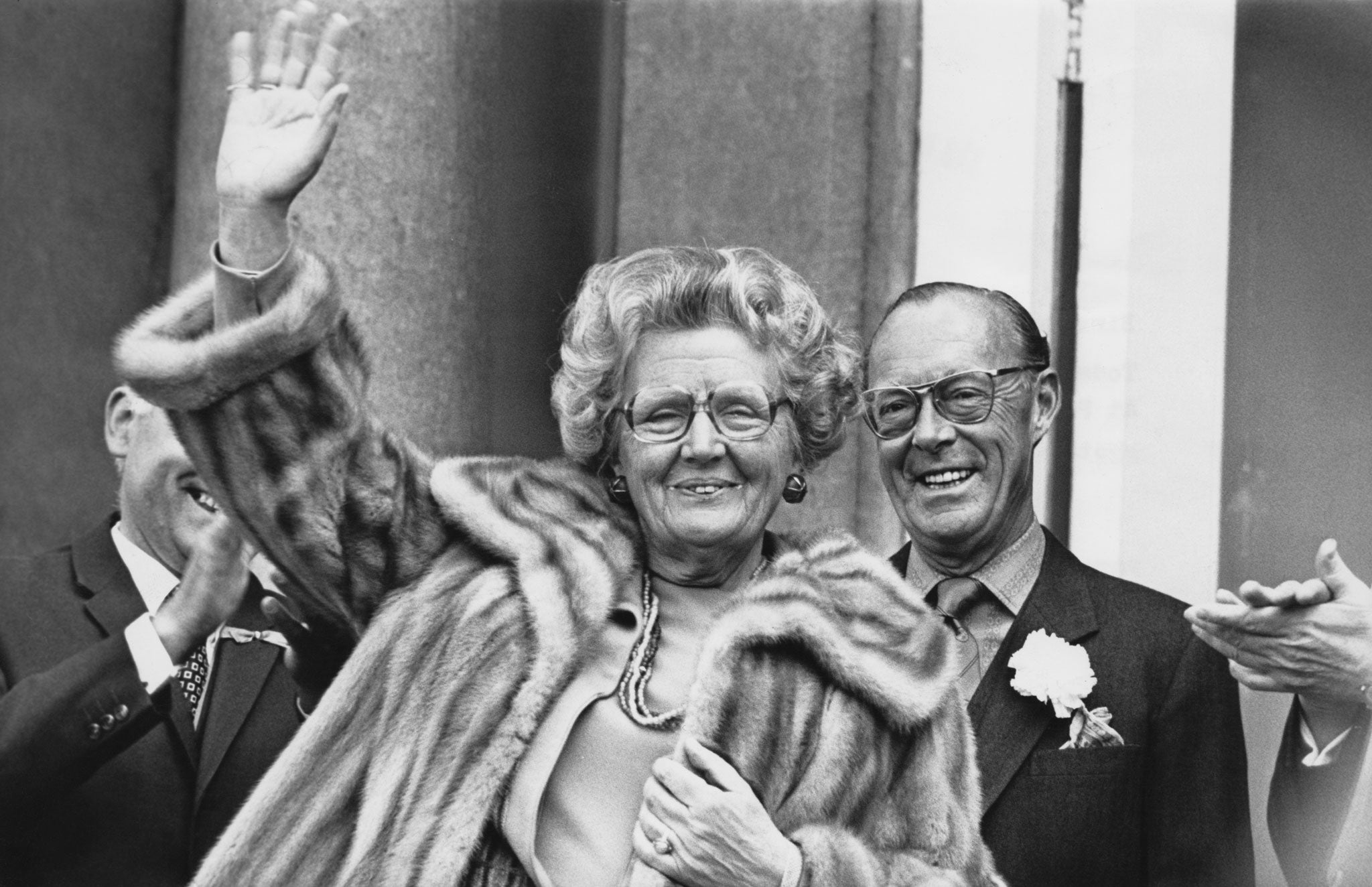June by Gerbrand Bakker, translated by David Colmer, book review: Haunted by a Queen
A royal visit and a past tragedy drive this splendid novel

Gerbrand Bakker's third novel opens with a scene as audacious in concept as it is quiet in execution. It's told from the point of view of Queen Juliana of the Netherlands, who on 17 June 1969 is on a routine tour of tiny northern Dutch towns.
She smokes in the car between stops, shakes hands with mayors and – in the unnamed village where the story takes place – accepts bunches of flowers from shy children. At first glance this seems like a self-contained exercise in naturalism, showing the mundane reality behind the façade of celebrity. There's even that classic royal moment of visiting the toilet, inevitably freshly painted. "She feels the toilet paper: two ply. A virginal bar of soap on the washbasin. I am 60, she thinks. For more than 20 years I have been sitting in my official capacity on lavatories like this."
It's poignant enough, but I'll bet you'll end up turning back to reread these pages more than once before you finish the book, as in it there are incidental moments that resonate through the pages and years that follow.
That section ends, and suddenly it's 35 years later, on another sweltering June day, and we're in the hayloft belonging to a rundown farmhouse outside the village. Seventy-three-year-old Anna Kaan is lying in the hay, morosely swigging advocaat to celebrate her wedding anniversary, while in the barn below stamps and snorts the last remaining animal on the farm, Dirk the bull, and, outside, her granddaughter, five-year-old Dieke, skips about.
Dieke's parents run the farm, and the setting of the book coincides with the visit of her uncle Jan, on a very particular family errand linked to that day so many years ago.
This précis may have done potential readers a disservice, however, as Bakker's slow, oblique approach to storytelling means it took me quite a while to work out exactly who was who.
The short sections, all told in the present tense, drift from character to character, inside the family and then out into the community, but with no noticeable sense of purpose. There is tragedy, in the past, and drama to come, but Bakker seems more intent in teasing interest out of the tedium of the every day, as he did with previous novels, The Twin and The Detour (a deserved Independent Foreign Fiction Prize winner).
To say that the book's themes are family and memory is to err on the side of platitude, but what's clear from the narration, that can flick at quantum speeds across the decades and back again, and from the insistence on honouring the detail of life, is that what we see around us, and barely notice, is precisely what future memories are made of.
Bakker's novel sends reverberations into its characters' futures, even as their pasts haunt them. It makes for splendid, illuminating reading.
Join our commenting forum
Join thought-provoking conversations, follow other Independent readers and see their replies
Comments
Bookmark popover
Removed from bookmarks